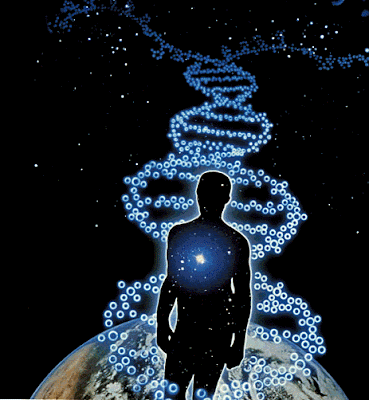
Since there was a snowstorm this morning, I took the day off from orchard work and read and cut firewood at home. While tripping the light fantastic of the interwebs, I found this article that fascinated me, particularly because of our last posts on the nature of Chi. From "The Chronicle Of Higher Education", "Brave New Worldview":
(Snip)
"David Brooks, a conservative columnist for The New York Times, wrote an essay called "The Neural Buddhists." In it he called arguments defending the existence of God against atheists like Christopher Hitchens and Richard Dawkins easy, and predicted that the real challenge would "come from people who feel the existence of the sacred, but who think that particular religions are just cultural artifacts built on top of universal human traits." He continued: "In unexpected ways, science and mysticism are joining hands and reinforcing each other. That's bound to lead to new movements that emphasize self-transcendence but put little stock in divine law or revelation."
The phrase "neural Buddhists" calls up the ways in which the conclusions of modern neuroscience and a collection of ancient meditation practices developed in Asia have come to similar experiential and empirical conclusions about a number of things, including the ultimate nonexistence of the individual self or surface social ego. Such ideas, of course, are part of a much broader interest in "mysticism" and "spirituality," themselves, perhaps ironically, markers of that quintessentially modern and eminently democratic turn to the individual as the most reliable source of religious authority and insight.
(D.R.)-- From here the article goes into a parallel track of the writing of Aldous Huxley and the cultural revolution of the 1960's, self-enlightenment and human potential.
So relax, leave that crappy work day behind you, grab your favorite intoxicating substance and delve into the possibilities that lie before us...
--LINK
Bio of the author:
Jeffrey J. Kripal is professor and chair of religious studies at Rice University and author, most recently, of Esalen: America and the Religion of No Religion (University of Chicago Press, 2007).
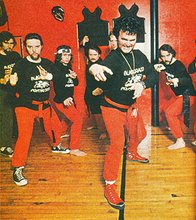



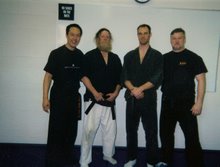
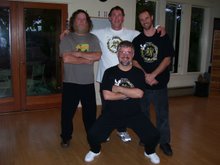

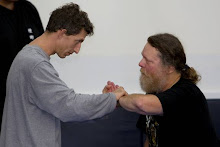
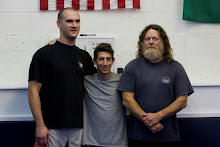



No comments:
Post a Comment